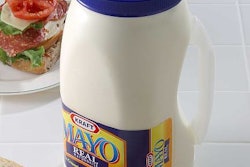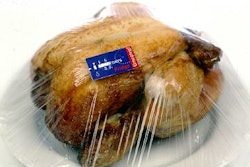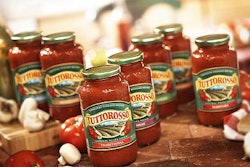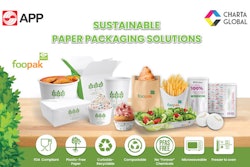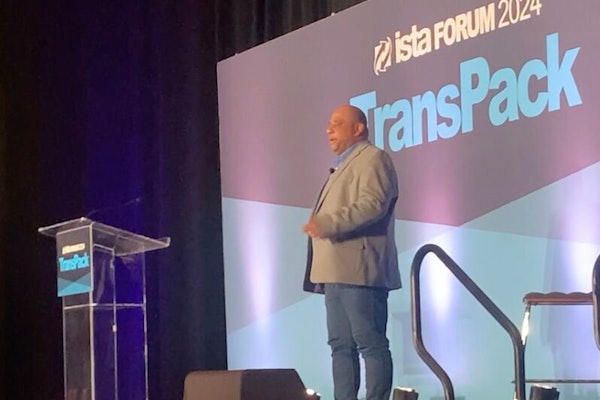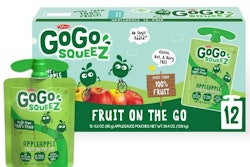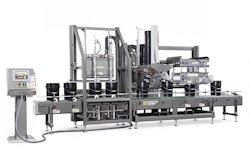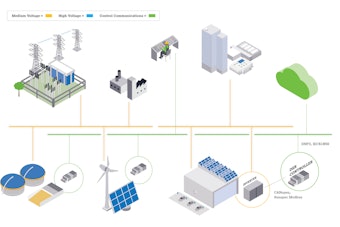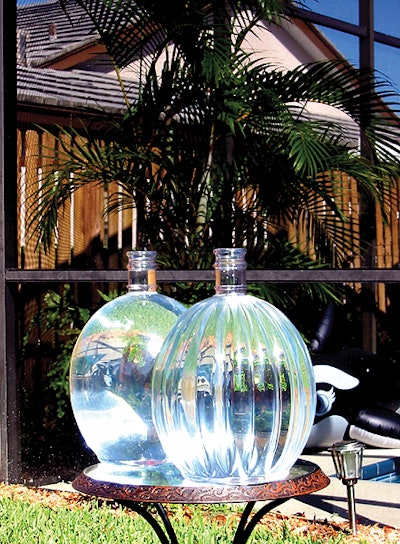
It is being designed for distribution through big box stores where bottles would be sold off pallets. Packaging development has to encompass the primary package and extend into the pallet to assure sales in the store. It illustrates the need for an integrated development strategy.
The product is the brainchild of Tom Schneider and Bill O’Day who have formed the WaterBall International Group. The blow-molded, PET ball holds 3.3 gallons of water.
The package offers two advantages in the retail environment-size and shape. Filled with 3.3 gallons of water, it weighs about 28 lbs, compared to 40-plus lbs for the traditional five-gallon water jug. “With the smaller size, we think it has appeal with women,” notes Schneider. WaterBall International doesn’t have all the answers to its retail packaging yet, but here are key criteria on packaging in the mass merchandising environment. Many of the considerations involve getting the best display on the pallet:
• Secondary packaging needs to leverage the WaterBall’s visual appeal. Holograms are one tactic under investigation. They can interact with light in the store to create heightened visual appeal. Neck hangers are one way to introduce holograms. Inserts between bottles on the pallet are another potential avenue.
• Ribbed versus a smooth bottle surface on the primary container. The PET globe can be molded either way. According to Schneider, current informal research shows women preferring the ribbed version.
• White liner on corrugated pallet tier sheets. White—as opposed to natural kraft—facing stock can reflect more light into the bottles, building visual impact.
Because the round bottles do not stabilize each other in the way that square-footprint bottles do, development of the pallet configuration is critical. It may involve stretch wrapping of individual tiers to add stability, followed by stretch wrapping of the entire pallet. However, that step conflicts with retailers’ objectives of reducing pallet debris and simplifying pallet handling in stores.
See the story that goes with this sidebar: Club stores stay ‘hot’ with packaging a key to sales
